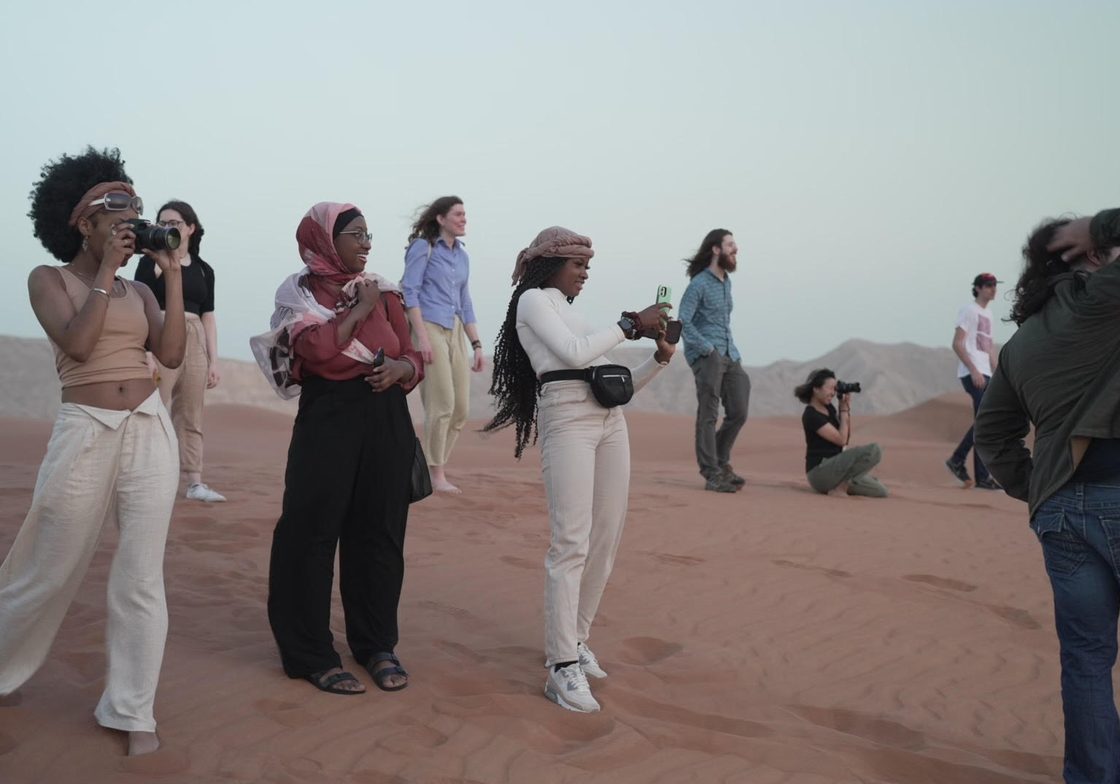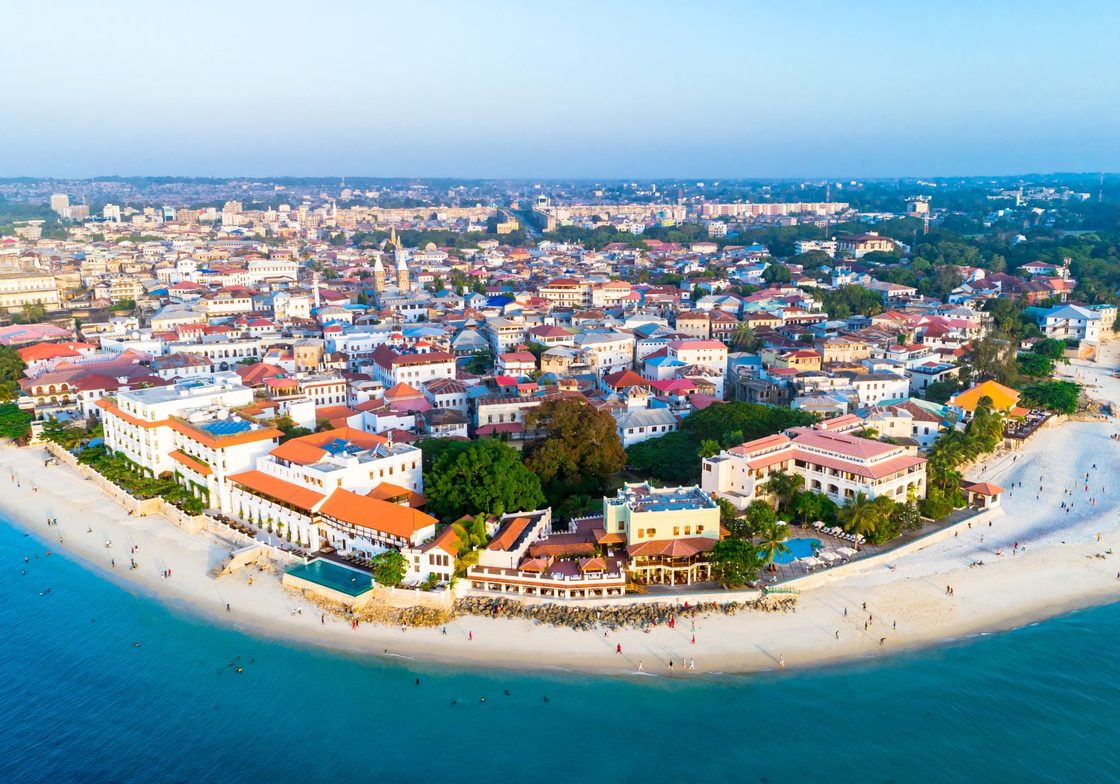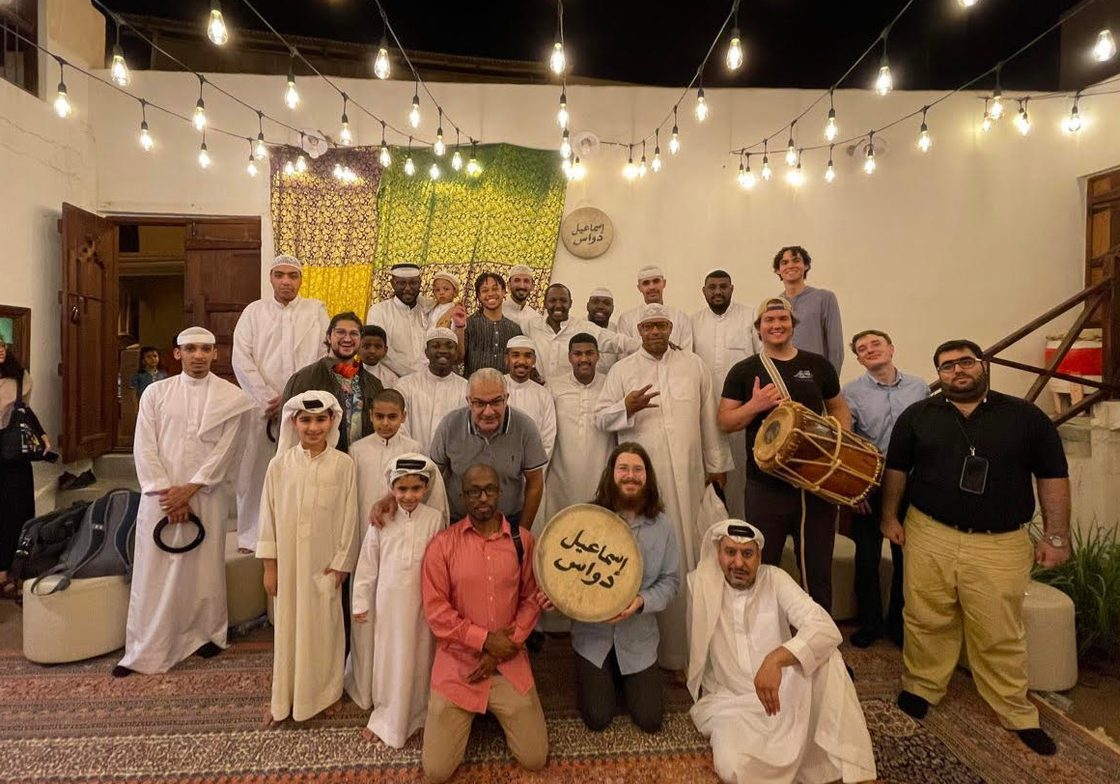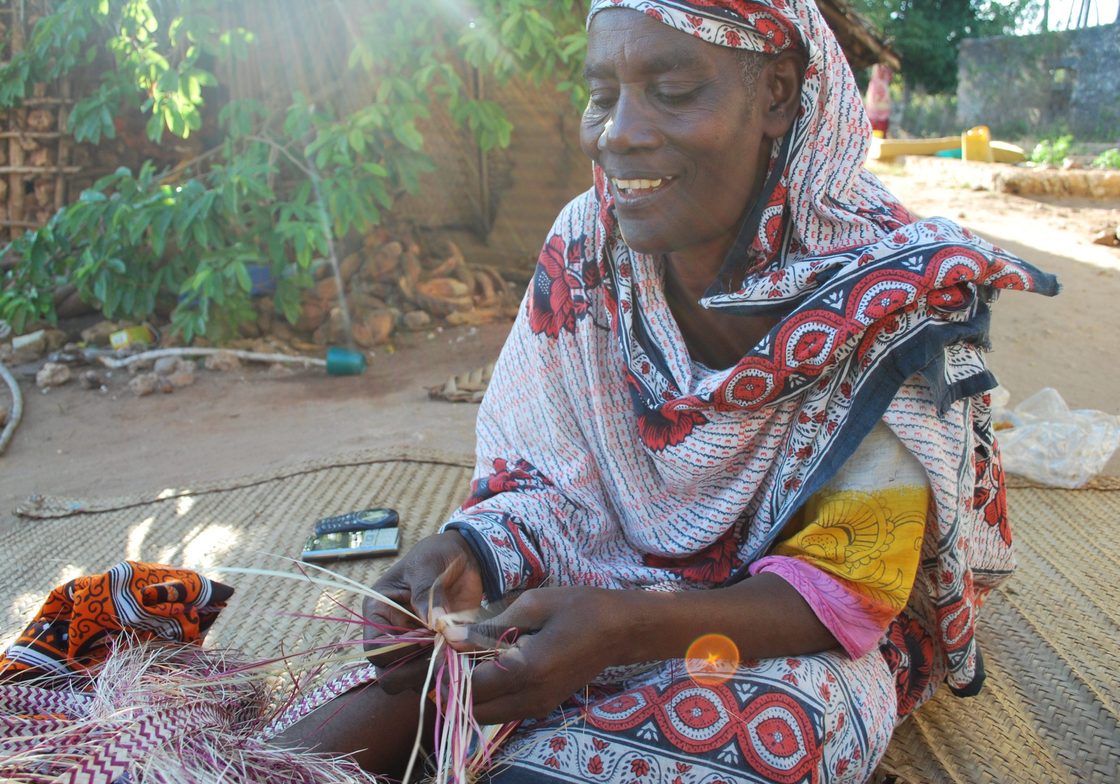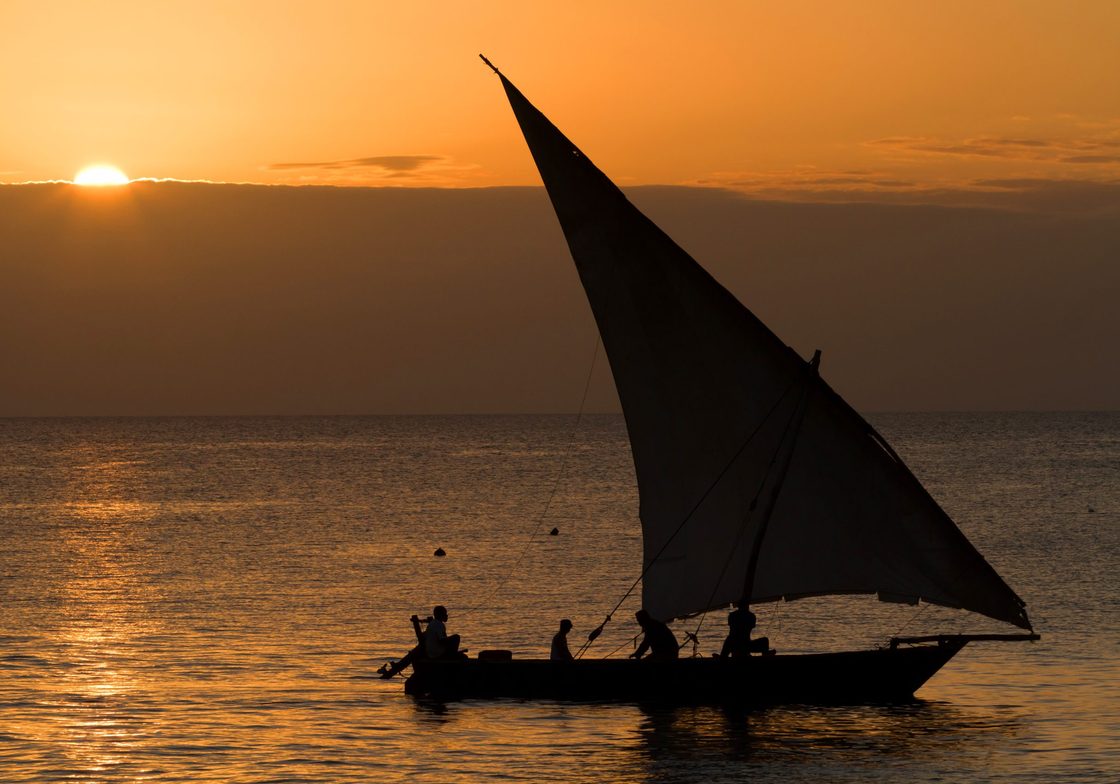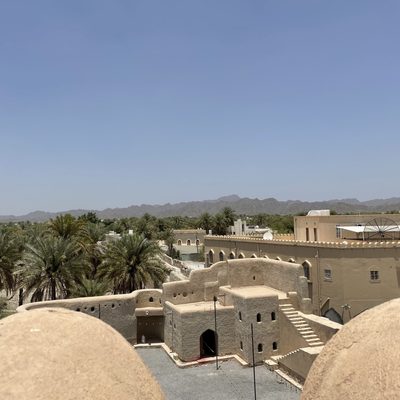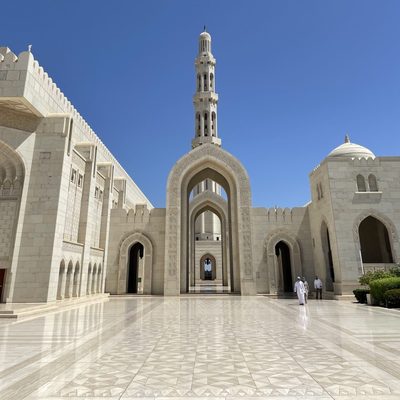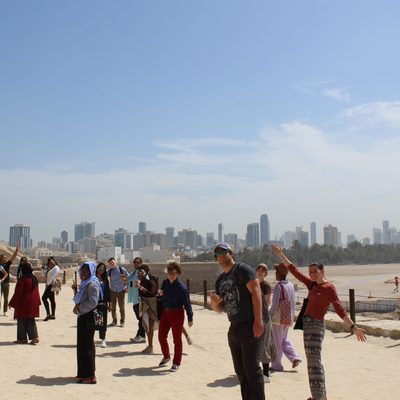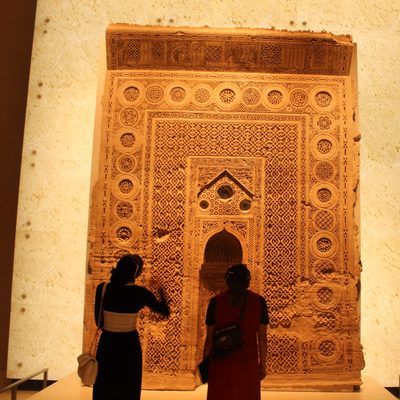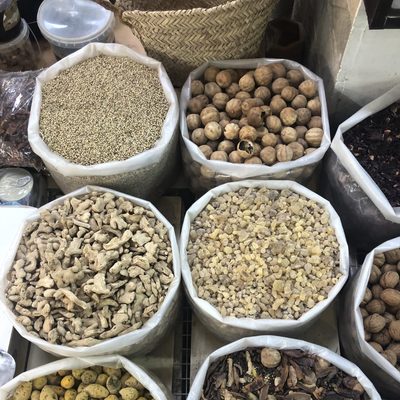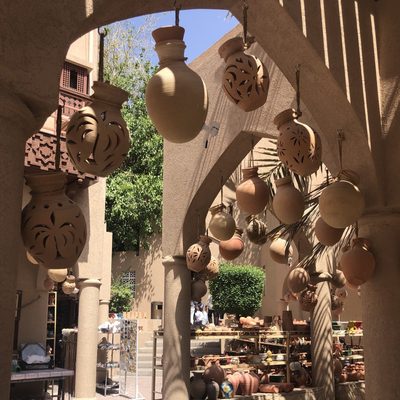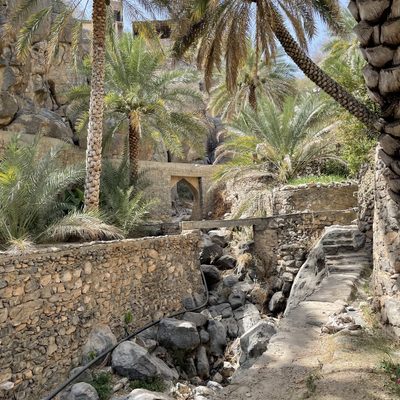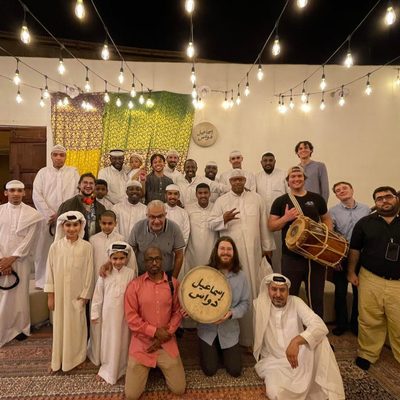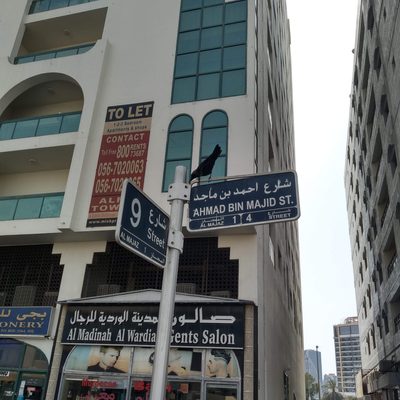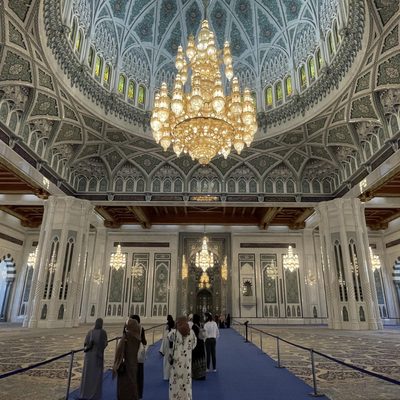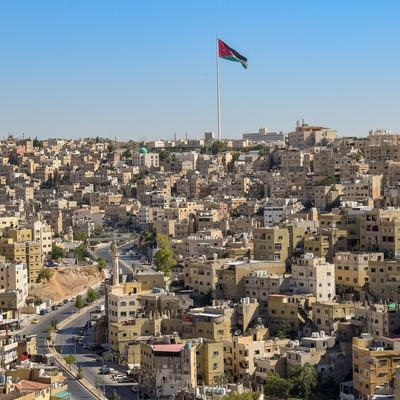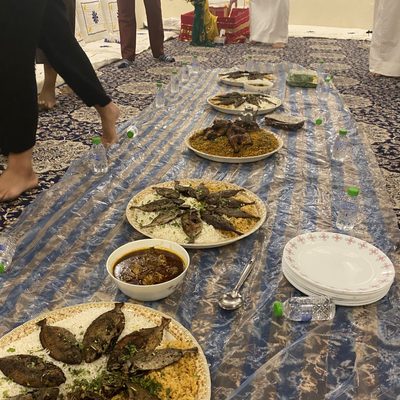Spring 2024
Explore archaeological and heritage sites in Zanzibar, Oman, and Bahrain that form an important contact zone in the Indian Ocean World. The program offers a unique view of the rich and living legacies of cultural and commercial exchange between Africa and Arabia in the past and present.
Message from Faculty Director

The Spring 2024 Africa-Arabia Program provides an incredible opportunity to realize the transformative power of study abroad. This program pursues this ambitious goal by challenging students to interrogate the lens through which they view the world and their relationship to one another.
This program will test the limits of students’ knowledge and experience for understanding the (non-western) world. It encourages students to make connections to people who possess a radically different way of knowing and being in the world. The wide range of readings and activities that comprise this program will provide countless opportunities to explore a multitude of ways that history and culture shapes experience and perspective.
The program is open to all majors and students with a passion for paradigm-shifting travel that involves deep engagement with African and Arab societies. Students who have studied Arabic along with those majoring in history, international relations, political science, anthropology, and Africana Studies are particularly encouraged to apply.
Thabiti Willis has held teaching positions at small liberal arts, large research university, and historically Black university environments in the United States and has extensive experience with academic programs in Nigeria and South Africa and in Arab Gulf States. He is deeply committed to collaborative international education and looks forward to introducing another group of Carleton students to this fascinating part of the world.
Academics
Learning Goals
- To learn about the varied and contested notions of African and Arab identity that circulate among communities in Zanzibar, Bahrain, and Oman in the past and present through research, conversation, performance, and experience.
- To learn about the importance of a cultural and commercial gateway linking Africa and Arabia to the broader Indian Ocean and Western Worlds.
- To learn how to envision, design, execute, and evaluate in-depth individual and group research projects that draw on a wide range of archival, archeological, musical, oral, and visual sources and material culture.
- To learn how to question the assumptions that researchers and collaborators bring to ethnographic encounters while maintaining a spirit of mutual respect and collegiality.
- To develop an acute awareness of some of the ways that race and culture are understood in different national contexts.
- To nurture the ability to navigate different cultural contexts with humility and confidence.
Prerequisites
Students should show demonstrated interest in Africana Studies. One 100-level history or Africana Studies course is highly recommended
Course of Study (18 Credits)
HIST 282: African Diaspora in Arabia (6 credits)
This course offers a broad historical overview of African men’s and women’s experiences as religious, political, and military leaders, as merchants and poets, and in agricultural and maritime industries in Arabia. Situated primarily in Bahrain, with travel to Oman, the course will examine longstanding historical, cultural, and commercial exchanges between Africa and the Gulf from medieval times to the present day. The course will question the ideologies that assume that Africa and Arabia represent racial and cultural difference.
Instructor: Thabiti Willis and Local Faculty
HIST 283: Thinking Historically in the Present (2 credits)
This course explores how people in the countries associated with the Africa-Arabia program use notions of the past, heritage, and culture to forge national identities. It involves foundational reading material based on available field trips and experts. Students also will be tested on knowledge that they amass from a range of sources by the end of the first week of the term. These sources include lectures, museums, and local archives. Students will demonstrate this knowledge during presentations before an audience of their peers and scholars, heritage practitioners, and staff from institutional partners.
Instructor: Thabiti Willis
HIST 284: Heritage in Africa and Arabia (4 credits)
Through lectures, readings, and extensive site visits to museums and archaeological sites, this course examines the rich cultural heritage of East Africa and Arabia. Students will investigate Persian, Arab, Indian, and Islamic sites in Zanzibar, Oman, and Bahrain, reflecting on the deep influence of the Indian Ocean on the region’s historical trading systems and modern-day relations. The course also examines the influence of various European colonial powers during the era in which they ruled or wielded influence.
Instructors: Thabiti Willis and Local Faculty
HIST 285: Critical Historical Research Methods (6 credits)
This course focuses on ethnographic research and writing with an emphasis on the practice of fieldwork. Students will conduct group research projects that include actively guiding and evaluating the work of their peers. The content of these projects will include maritime activities, health, music, economics, and heritage. Students will learn the benefits and challenges of examining oral tradition, oral history, poetry, visual art, material culture, and embodied practice. Service or experiential learning is another major point of emphasis. Students will develop their ability to question their knowledge, method, evidence, interpretation, experience, ethics, and power.
Instructors: Thabiti Willis and Local Faculty
Program Features
Housing
Students will live in dorms, hotels, and possibly home stays.
Excursions
Students will visit museums, archaeological, and other heritage sites in each program location.
Experiential Learning
Students will participate in museum curation, archaeological excavation, heritage site interpretation, ethnographic research, music performance workshop, and pearl diving.
